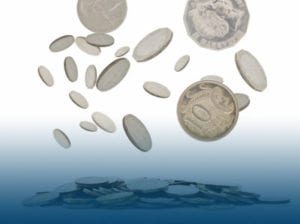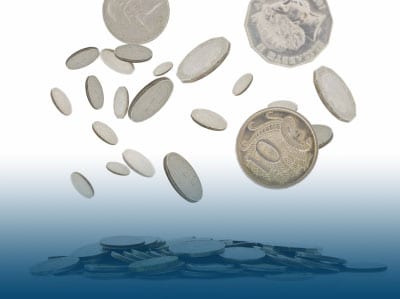 Selling your business involves looking at a few primary areas of your enterprise. These areas are the positive and negative aspects which will affect the value. Of course there are endless variations on different businesses, and even businesses within the same category and type will have variations. But for the purposes of preparation, here are the main ones to consider.
Selling your business involves looking at a few primary areas of your enterprise. These areas are the positive and negative aspects which will affect the value. Of course there are endless variations on different businesses, and even businesses within the same category and type will have variations. But for the purposes of preparation, here are the main ones to consider.
We begin with the assets. Assets can be broken down into categories such as cash, investments, equipment, accounts receivable, goodwill, and real estate. Assets are the valuable possessions of the business which can be used to produce revenue and earn profits. A business must have some sorts of assets to be a business, and it must be able to produce revenue. So our first consideration is: does the business make money?
Clearly, for a business to have value it must be able to make money. How could it be worth much otherwise? Making money is the reason businesses exist; they are not there just because they enrich people’s lives or keep people occupied; that’s what non-profits and government bureaucracies are for. 🙂
Businesses exist to make money, bottom line.
Unfortunately, there are many small businesses for sale that do not make money, i.e. (they do not “cash flow”) but are being marketed for sale, at high prices. If you ask the sellers how they can justify the price, you will get a variety of answers ranging from “Because we have put so much into the business” to “Because it is going to make a lot of money in the future”.
The problem here is obvious when a doing a quick mental switch and putting yourself in the shoes of the buyer. Now you are buying the business for sale and you are getting ready to write a huge check to take over the operation and all its hassles and challenges and surprises. And you ask yourself this very rudimentary, basic question: Am I willing to pay for something with the mere hope that I can make it pay me back, even though it’s NOT doing it now?
It doesn’t take an IQ above room temperature to realize you cannot simply “hope” to make money if you are going to spend money to get that opportunity. In other words, you cannot – you should not – pay for risk. The old equation of risk and return comes into play here. Knowingly taking on high risk should come at really cheap prices, or no price at all. But to buy a business, a profitable business that has a current track record of making money, should come at a price, even a high price if it makes enough money.
It boils down to this: if a business is going to sell for money, it needs to be making money. Money is the reason we go to work each day. If a business we run is not making money, it has lost its most primary quality, and therefore has limited or no value. Just as a property has value because of its scarcity and usefulness, in a similar way a business has value because of its money making capabilities, and a buyer pays for it with the intention of doing just that. Making money.
There are some exceptions to this rule, but very few. An example might be a situation where the buyer of the business is buying an “idea”, or a concept. In this case, he or she might be buying a business for sale in a brand new market, where there is little to no competition. With that comes the downside of little to no income, where perhaps there is a market but it has not been fully exploited. But these situations are the extreme exception, and should be approached with the utmost in caution.
In summary: as you prepare for selling your business, is important to consider how buyers will view the business. And one of the best ways to understand the sales process is to view it from the buyer’s perspective. “Would I buy it? Why or why not?” The business may have a lot of wonderful things about it: the market, the product, the people… but if it doesn’t make money, for whatever reason, the buyer won’t want to pay for it.
And neither would you, unless you’re doing penance. But that’s another discussion…

